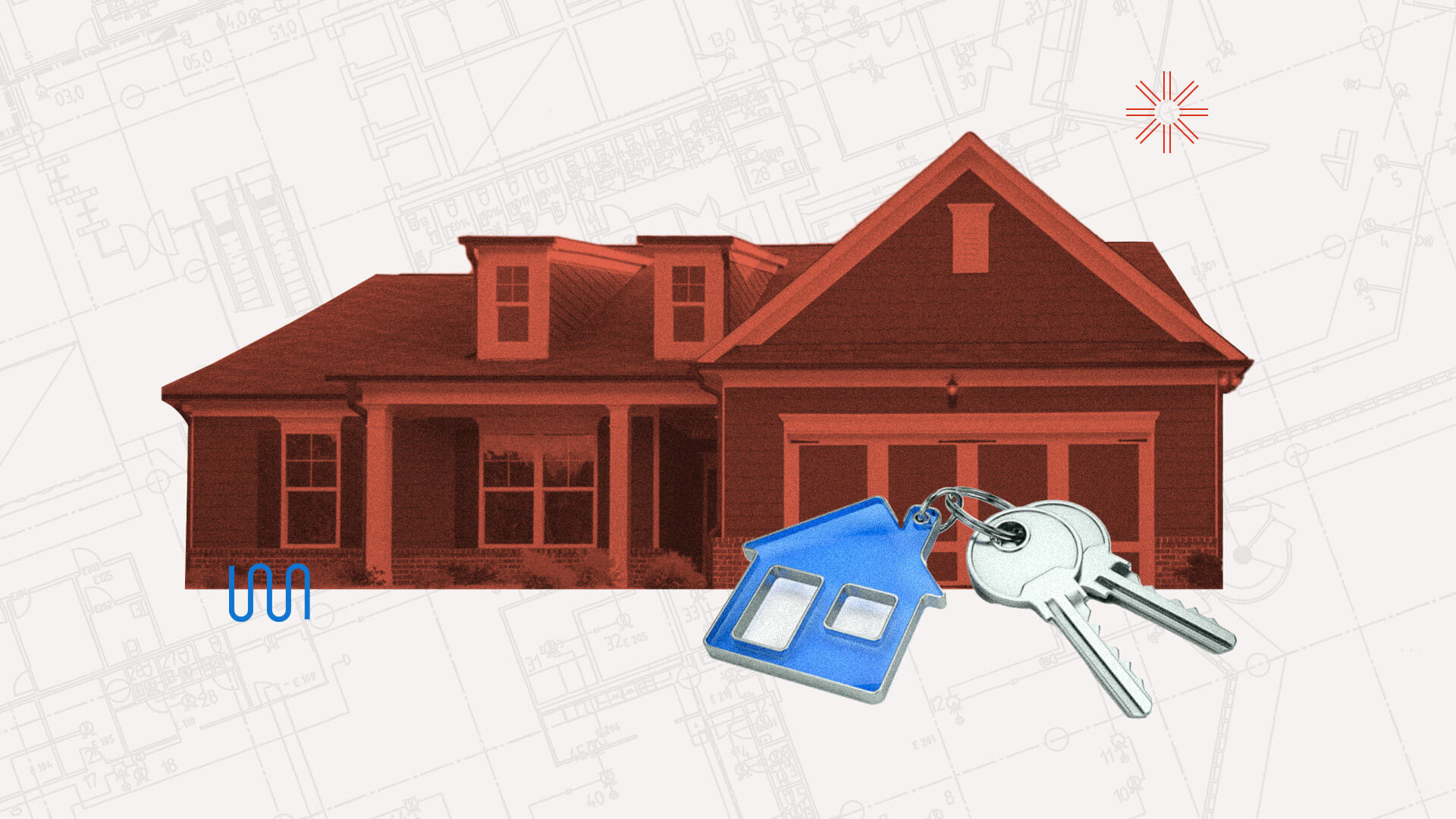
The real estate industry is currently in a transition phase towards completing business remotely. Activities that used to be done in person can now be completed remotely. Whether people are moving across the country or within the same town, many now want digital experiences like video tours. As the industry moves to meet these new customer demands, real estate agents find that digitization improves business outcomes. With the rise of digitization in real estate, companies should start planning strategies that can help them enhance revenue and streamline operations.
What is digitization in the real estate industry?
For the real estate industry, digitization means collecting and aggregating data about customers and properties so that agents and clients can collaborate more efficiently. Customers prefer digital experiences, which act as the catalyst for many company decisions. Real estate agents are also embracing digital transformation because the data analytics it can unlock helps them understand and predict consumer behaviors that help accelerate the sales cycle.
What are the benefits to digitizing real estate?
While the human connection with buyers will always be a core function of the real estate industry, digitization makes it easier for agents to anticipate customer needs, enabling better outcomes. For example, many businesses are downsizing their in-office workforces yet still need a physical location for those employees who want to be on-site either partially or full-time. Meanwhile, homeowner property requirements are changing too. Many people now view their houses as dual-function locations for work and leisure.
Digitization enables real estate agents to respond to these market changes more effectively. As a company builds out its technology portfolio, it should ensure that any new technology enables one or more of the following:
- Improves efficiencies: Real estate agents can automate business processes that are repetitive and administrative, which helps with improving efficiencies. For example, with calendar schedulers, agents can more efficiently set up in-person meetings, including taking clients on walk-throughs or going to inspections.
- Boosts security: Agencies collect a lot of digital personally identifiable information (PII), including names, addresses, and payment details. Using customer relationship management (CRM) solutions make it easier to protect this information.
- Increases accuracy of occupancy records: The types of office space that businesses want is changing. By tracking occupancy records, commercial real estate agents can help customers buy and sell properties more effectively.
- Makes information more accessible for stakeholders: Everyone wants access to information, and digitization enables this across buyers, sellers, and their associated real estate agents more effectively. From online listing to digital mortgage documents, technology makes it easier for all stakeholders involved in the process to collaborate.
- Saves time: Real estate agents can save time by leveraging data analytics that help them gain insights into what their clients want. Instead of spending hours guessing and researching, agents can use client preference information and apply machine learning to save time when trying to find properties that fit customer needs.
- Simplifies document management systems: Documents have long been a burden for real estate agents. From contracts to inspections to closings, a single transaction can create over a hundred pages of documents. The digitization of document management systems helps real estate agents to manage, find, and share important information with involved stakeholders.
What are the steps to digitizing a real estate portfolio?
A company’s real estate portfolio often includes records and properties. Many real estate companies build and own the structures that they sell or rent. Digitizing this real estate portfolio enables them to manage these processes more effectively so that they can focus on driving revenue.
1. Consolidate current data
Most real estate portfolios incorporate data covering multiple phases of a building’s lifecycle. From development to sale, real estate companies often need to manage information that includes:
- Architect plans
- Property records
- Environment, social, and governance (ESG)
- Construction
- Maintenance
- Contracts
2. Record data that’s missing
With all the data in a single location, companies can gain visibility into data gaps. For example, by consolidating all construction data, the organization can locate missing information like:
- Consumption data from a supplier
- Signatures on documents
- Account information
3. Centralize data to increase information accessibility
A real estate portfolio isn’t just managed by a single person. Multiple users within the organization need access to data, and centralizing it in a single location ensures that everyone has the access they need to do their jobs.
For example, by digitizing real estate portfolio data, organizations can share:
- Senior leadership level reports
- Construction workflows and timelines
- Customer/Buyer journeys
While different applications may be used for various types of data, digitization enables sharing between them using API so that each type of stakeholder has access to what they need.
4. Assess data quality
When data drives an organization’s business processes, it’s important to ensure that all data is accurate and relevant. Many real estate companies use business intelligence to predict market activities, but the reports only provide insights when the organization knows that it has quality data.
Some things to consider when assessing data quality include:
- Completeness
- Validity
- Timeliness
- Consistency
5. Cross-check current data
With everything in a single location and all data quality assessed, it’s time to review everything one last time. This means ensuring that the company has all the tools needed to achieve its objectives, including those for:
- Emergency management
- Regulatory compliance
- ESG reporting
- Property management communications
How Notarize can help enable digitization in your real estate portfolio
Digitization revolves around using technology to alleviate time-consuming, manual burdens. In the real estate industry, this can often mean getting documents notarized, as required by law, and finding a notary can be challenging, especially when considering their hours of availability.
Notarize enables you to connect with a notary 24/7 directly from your computer, smartphone, or tablet so that you can get documents notarized whenever and wherever you need. Further, since you can track notarizations within Notarize, you have the documentation needed to ensure data quality. Notarize for businesses rounds out your digitization processes, eliminating time-consuming manual processes and helping ensure the completeness, validity, timeliness, and consistency of your real estate portfolio documentation. Schedule a demo to learn more about how Notarize can help make digitizing your real estate portfolio easier.



